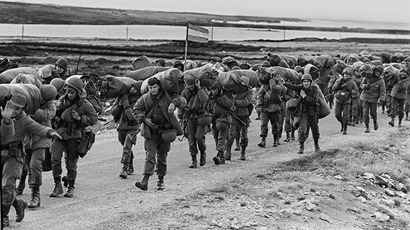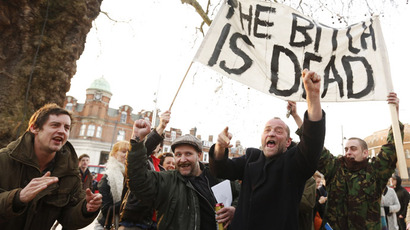Thatcher prepared to deploy troops during UK miners’ strike – archives
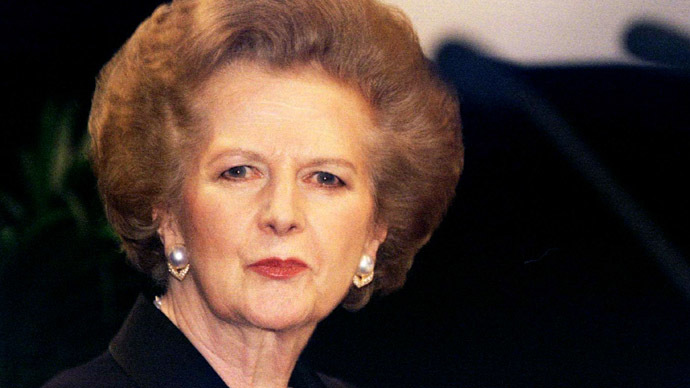
Former Prime Minister Margaret Thatcher came close to deploying troops and declaring a state emergency in the face of a miners’ strike that could have brought the UK to its knees, Cabinet papers have revealed.
Secret documents handed over to the UK’s National Archives showed that the Thatcher government was drawing up contingency plans for troops to move stocks of coal and replace striking workers in 1984. Under the plan 4,500 army drivers and 1,650 tipper trucks would have been deployed to transport 100 kilotons of coal to power stations every day.
Moreover, Thatcher also considered a plan to deploy troops in case of a dockers’ strike, codenamed Operation Halberd.
Although the “Iron Lady” maintained an uncompromising stance to the strikers on the surface, the new documents reveal concerns they feared an escalation of the strikes could have brought the country grinding to a halt. The government was taken aback when the dockers’ union leaders announced a strike in 1984, sparking fears of food shortages.
However, Thatcher said the deployment of troops should only happen in a “grave emergency,” as it could be construed as a “sign of weakness.”
The documents record secret estimates that the UK would run out of coal stores by mid-January 1985. As the strike began to bite, Thatcher’s Employment Secretary, Norman Tebbit, wrote to her warning that time “was not on their side” and urged emergency measures.
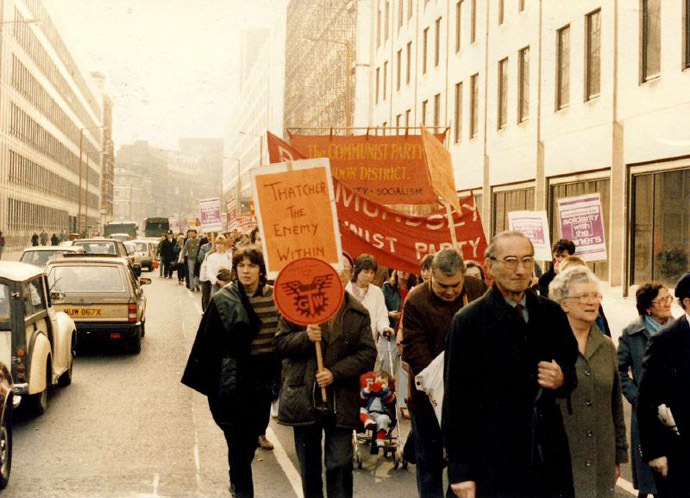
"In practice, we could not go right up to the brink," he told her. "I am much concerned that the NUR [National Union of Railwaymen] and ASLEF [train driver’s union]which are so reducing the transport of coal and coke to the power stations are being carried out at very little cost to the unions, and at no cost to the individuals taking this action," Tebbit said.
Moreover, high-ranking officials in Whitehall suggested a range of worst-case scenarios that would have been employed by Thatcher. These included power cuts and putting workers on a possible three-day working week.
As it turned out, the dockers’ strike ended within 10 days and there was no need for the contingency measures to be implemented.
The documents also revealed that Thatcher called for police to be “more vigorous” in their approach to dealing with the strikers because she was worried officers were “not carrying out their duties fully.”
The year-long strike, called by some a “civil war without guns,” saw brutal clashes between police and strikers, resulting in the deaths of two picketers. The most famous confrontation – the so-called “Battle of Orgreave” – saw 5,000 riot police and 10,000 picketers clash outside a British Steel coking plant in South Yorkshire in June 1984. The altercation resulted in 93 arrests and 51 picketers and 72 policemen injured.
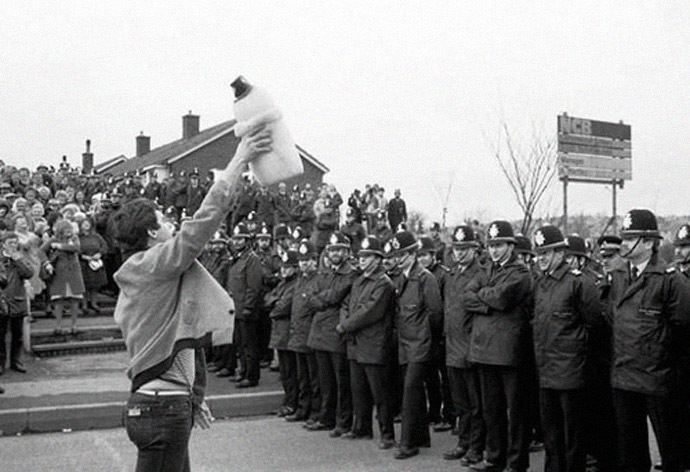
A number of lawsuits were brought against the police after the incident on charges of assault, unlawful arrest and malicious prosecution. The Yorkshire Police eventually agreed to pay out almost 500,000 pounds ($822,200) in compensation to the picketers.
Thatcher’s Conservative government emerged victorious from the strike as many miners returned to work in March 1985, but the coal mine closures and high unemployment that resulted left a bitter legacy in coal mining areas of the UK.
After Thatcher – the UK’s first female prime minister – died on April 8, 2013, following a stroke, some miners’ union leaders called for “celebrations.”













